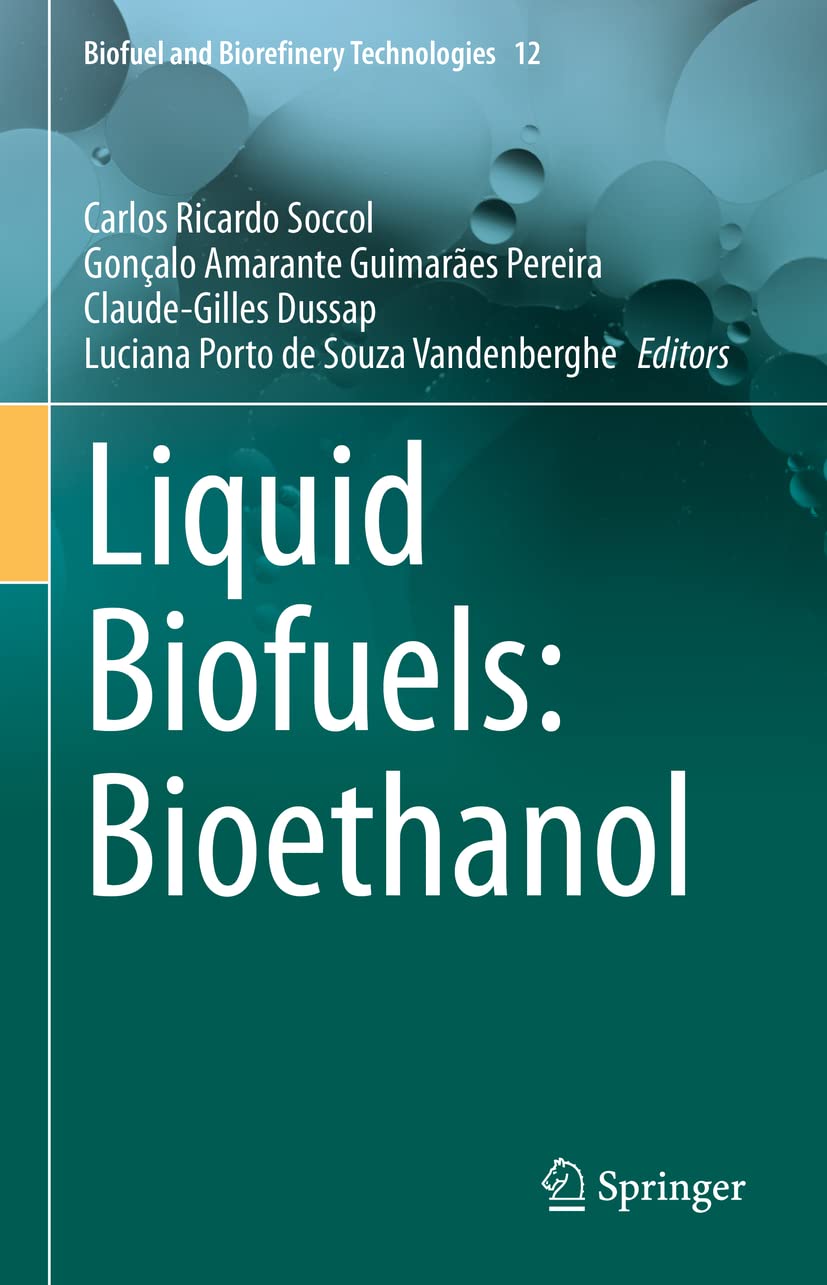

Most ebook files are in PDF format, so you can easily read them using various software such as Foxit Reader or directly on the Google Chrome browser.
Some ebook files are released by publishers in other formats such as .awz, .mobi, .epub, .fb2, etc. You may need to install specific software to read these formats on mobile/PC, such as Calibre.
Please read the tutorial at this link: https://ebookbell.com/faq
We offer FREE conversion to the popular formats you request; however, this may take some time. Therefore, right after payment, please email us, and we will try to provide the service as quickly as possible.
For some exceptional file formats or broken links (if any), please refrain from opening any disputes. Instead, email us first, and we will try to assist within a maximum of 6 hours.
EbookBell Team

0.0
0 reviewsThis book covers the present and future of bioethanol biorefinery technologies. It discusses the efficient use of feedstock in bioethanol production, and critically reviews the environmental sustainability of bioethanol production. In addition, it describes the integrated production of bioelectricity, biopolymers, organic acids, and other biomolecules, as well as the use of process-related liquid and solid byproducts and/or wastes during bioethanol generation.
Since the bioethanol industry has also led the automotive industry to explore new avenues, this book summarizes the various aspects of ethanol motorization, hybrid engine development, and biofuel electrification.
For decades, clean and renewable alternatives have been sought to reduce dependence on petroleum-based fossil fuels and CO2 emissions. Bioethanol appears as one of the best solutions for the production of biofuels, bioenergy and biochemicals, along with the establishment of new biorefinery concepts and a circular bioeconomy. Therefore, the ideas and technologies presented in this book contribute to the UN Sustainable Development Goal 7:Affordable and Clean Energy. This book is a useful reference for postgraduate students and researchers interested in biorefinery and biofuel technologies, both in academia- and commercial laboratories. Early career scientists can use it to fast track into the field. Advanced scientists will find it helpful to gain a broader overview of the field beyond their area of specialization.